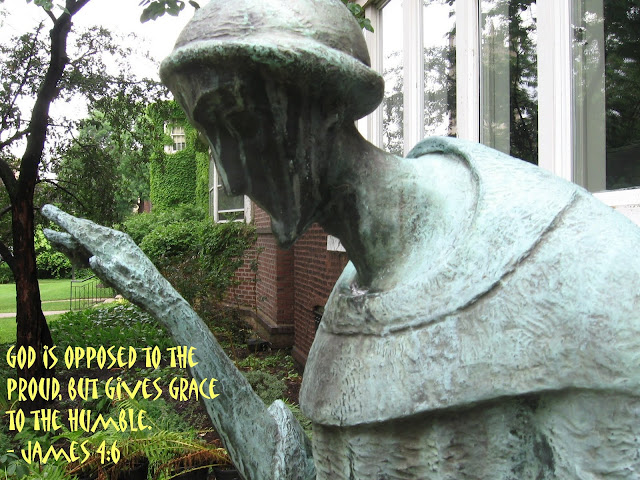 |
| (Chicago Theological Seminary) |
Evolutionary theorist Jerry Coyne (University of Chicago) said his question is:
"If science does in fact confirm that we lack free will, what are the implications for our notions of blame, punishment, reward, and moral responsibility?"
That is a great question. And a pressing one. A much-discussed one.
For if we lack free will, and what I do is not because "I" chose it, but is either determined or indeterminate, then...
... I am not responsible...,
... I cannot take credit for what I do (I can neither be blamed nor praised)...
... and I cannot be punished for "doing" (what would that mean, if no free will?) something "wrong?"
I could be institutionalized because I am a danger to society. But this would not be because I committed a crime, since "committing" something implies a choice.
I think this question, which is so very important for our future, is in principle unanswerable. What sense would it make for a scientist to choose to confirm that we cannot make choices out of our free will?
I suggest we are rational in assuming what feels intuitive to us; viz., that there is an "I" who is able to make choices that are not fully reducible to antecedent causal conditions; hence, assume free will exists. (Our belief in free will is what philosophers call a "properly basic belief.")
The next question then becomes: How is free will possible? My position, using inference to the best explanation, is that on theism, free will makes sense. But on atheism (metaphysical naturalism), the existence of free will is impossible.